Collagen is one of those ingredients that have skyrocketed across the beauty industry, because there are now billions of dollars behind this particular ingredient, and many different companies are currently offering products to cash in on this opportunity.
Do collagen supplements such as powders, pills, or creams actually work? That is the question of this blog.
Let’s Understand What is Collagen
Collagen is a protein. It is a protein that makes up 25 to 35 percent of your body.
In fact, it is the most plentiful protein in your body. The reason we have collagen is because it acts like a glue that holds our cells together, allowing our bodies and our tissues to expand and retract, giving our skin bounce and elasticity.
So when we grow, we don’t snap in half, if we get fatter we don’t blast, and if we land on our knees, our knees don’t break in two, because we have collagen in our skin, in our bones, in our tendons, in our cartilage, in our blood vessels, in our joints, in our eyeballs. We have it everywhere!
But not all collagen is the same.
We know that there are at least 28 different types of collagen. The three most common collagens are Type-1, Type-2, and Type-3.
Type-1 and Type-3, often co-exist together. Type-1 is found in our skin, our bones, our joints, and certain organs. Type-3 is found in blood vessels, usually connected with our skin, bones, joints, organs etc. That is one of the most generous types of collagen that gives us our plumpy, youthful appearance with retractability, elasticity, and bounce.
Type-2 collagen is the collagen often found in local pharmacies in the form of joint replacement. The type of collagen found in your cartilage is Type-2 collagen, and that’s what gives our joints their shock-absorbing properties in our body that make our joints nice and elastic. That’s literally what Type-2 collagen does.
What Causes Collagen to Decline?
This is where it gets a little bit heartbreaking because there are 6 different reasons cause our collagen to decline.
1) The Aging Process
Starting with the most obvious, the aging process. Most people start to notice the effects of collagen decline in their late 30s and 40s and start thinking “I need to replenish my collagen at that age”, but the reality is you start to lose one percent of your collagen starting in your mid-20s, and it goes down after that.
So what I find interesting is that today’s younger generation tends to notice the aging process a bit earlier than older generations, because they are looking at themselves more often, in pictures, in cameras, in reels, in tiktoks etc.. They’re seeing those changes happen in front of their eyes, whereas in the past when social media was not used as frequently as today now, everybody was just so happy in their 20s and 30s because they didn’t see the effects of aging and it tended to hit you over a month and even overnight in your late 30s, early 40s.
Aging is probably the biggest factor that leads to collagen loss.
2) Sun Exposure
I am not here to make you all frightened of the sun, that is not my goal. However, you should not skip this information. Prolonged exposure to UV radiation results in radiating skin. In other words, exposure to UV radiation means you are cooking your skin.
UV rays trigger something called, Matrix Metallo Proteinases (MMP) in your tissues. Proteinase is something that breaks down protein in your tissue, causing the breakdown of collagen, leading to early lines and wrinkles, and saggy skin.
3) Lifestyle
Balance in everything is key.
Smoking is one of the most harmful things you can do for your skin, you are limiting the blood supply to your skin. People who often smoke look a little bit yellow in terms of skin color, and it will break down their collagen faster.
Excessive alcohol consumption can also break down your collagen much faster because it is related to certain nutritional deficiencies. Alcohol equals sugar, and a lot of sugar over time can lead to inflammation and the breakdown of your collagen.
4) Hormonal Changes, Menopause
If you ever had a baby, the postpartum period is like menopause on steroids. Your body goes through menopause at a much faster rate, and a much faster explosion of hormonal changes in that postpartum period, that you kind of have a sneak peak of what’s to come in menopause, in terms of hair thinning, your skin looking dry, feeling hollow, feeling sallow, feeling ruddy, estrogen not being present in your body, because estrogen gets depleted in menopause and estrogen is needed for collagen synthesis. So that is something all women go through in life and we just have to be prepared on how to address it.
5) Poor Diet and Nutritional Deficiencies
In fact, when we just don’t have enough of certain foods, this can lead to actual syndromes. Lack of Vitamin C leads to scurvy, and Vitamin C is an ingredient that is needed in collagen production. Zinc can lead to other issues as well, in fact, excess alcohol consumption can lead to zinc deficiency, or you can naturally have one, it’s also known as acrodermatitis enteropathica. It can be caused or it can be natural but zinc deficiency can lead to collagen imbalance as well as copper deficiencies.
Having a well-balanced diet with all of these different ingredients, amino acids, and proteins can give you your best chance of looking more plump and elastic over time.
6) Chronic Health Conditions
Autoimmune disorders, diabetes, or even genetic disorders like Ehlers-Danlos Syndrome or Marfan Syndrome can impact your collagen production and integrity.
All of these can affect your collagen level as you age.
The Question of the Blog. Do Collagen Supplements Work?
The overall scientific overarching data lacks evidence to support these claims. Because a lot of the studies that have been done are not thorough. There are usually a small number of participants in these studies, which don’t actually reflect the population as a whole.
A lot of times in these studies you don’t have two groups. You don’t have a group of people who are not using it vs. a group of people who are using it. So you’re not exactly comparing two groups equally. A lot of the studies are done with 10-20 participants, and they chase to observe a decrease in fine lines and wrinkles with collagen supplements, but the reality is placebo can play a huge role. If you don’t have an objective group that you are also following, you don’t really know what’s real and what isn’t. Again placebo is a big thing, it can really affect the overall of the study.
Plus a lot of these studies are funded by the companies themselves. So what are they going to say? “Our product doesn’t work, don’t buy it”, no. They are probably going to say that they saw a change in wrinkles and fine lines.
So the key takeaway points are;
- Collagen is a protein composed of amino acids when it’s consumed orally it gets broken down and it makes tiny little amino acids through our digestive system that gets absorbed by our bodies.
- It is unclear how much consumed collagen actually goes to our skin and a good metaphor would be like, if you put excess oil in a car, does the engine work better? No, it’s probably going to damage the engine at some point and we honestly don’t even know the long-term negative impacts of over-consuming collagen on our bodies and what that could do.
- So again, balance is key.
7 Ways to Boost Your Collagen Production
What are the 7 ways that you can boost your collagen production that is not bullshit, that are not fabricated in some kind of factory, and that you can actually do today to start helping yourself.
1) Collagen Boosting Foods
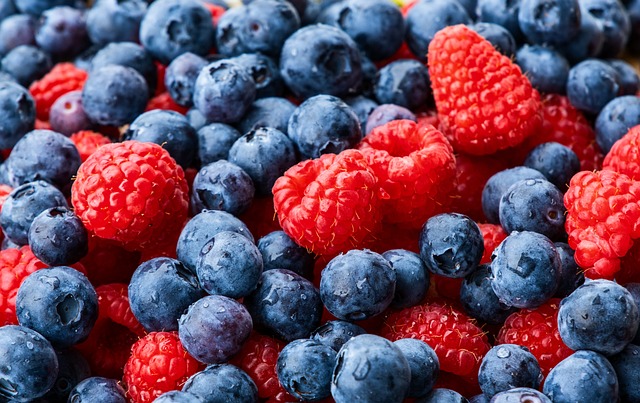
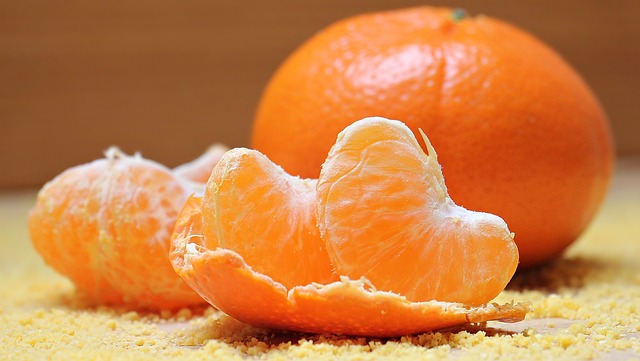

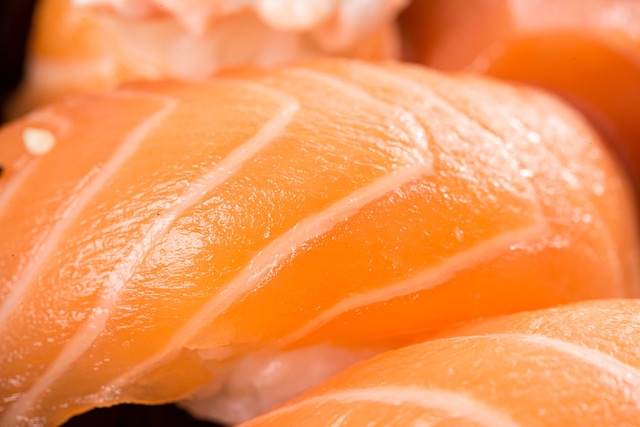
Protein powders, collagen powders, and all of that are great, but you are not going to get the calories needed for the day just from your supplements, you are still going to have to eat. So let’s talk about what you can eat to achieve two goals with a single action.
You need food with antioxidants, you need food that is rich in Vitamin C, you need food that is rich in Omega-3 fatty acids and protein. So we’re talking about salmon, nuts, seeds, berries, raspberries, blackberries, strawberries, really rich antioxidants, leafy greens like spinach, collard greens, kale, as well as citrus fruits because of Vitamin C. All of these are collagen-boosting foods that have been proven over time.
Bone broth is a new trend, it is worth doing or trying or looking into. If you’re looking to boost your collagen in a natural way, bone broth contains rich collagen-building amino acids.
When you’re thinking of your diet, think of your diet the same way you think of your skincare routine. Look at it at a weekly view. Don’t try to break up your diet every single day, because you’re only going to get stressed out by it, and not enjoy the process. So if you’re thinking on a weekly view, let me eat salmon once or twice a week, let me get some citrus once or twice a week, let me get some leafy greens once or twice a week. By the end of the week you got it all, and you’re doing better than the rest of the population.
2) Sun Protection

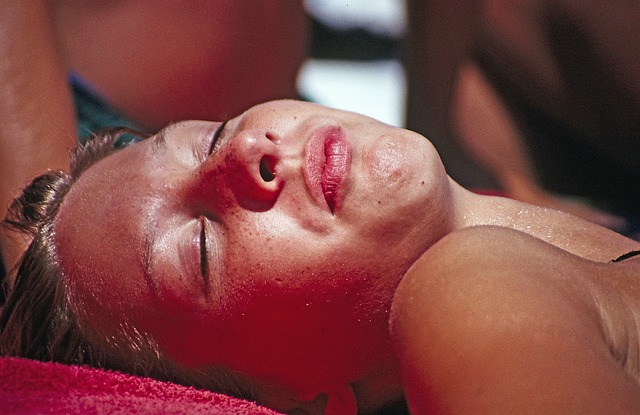
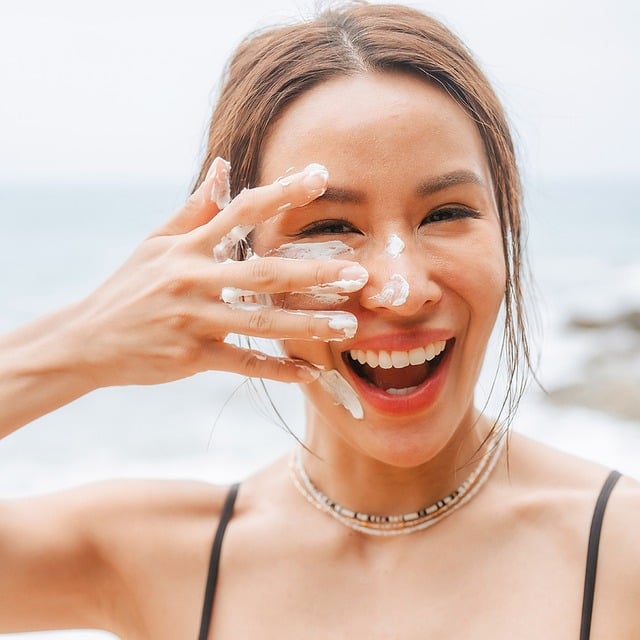
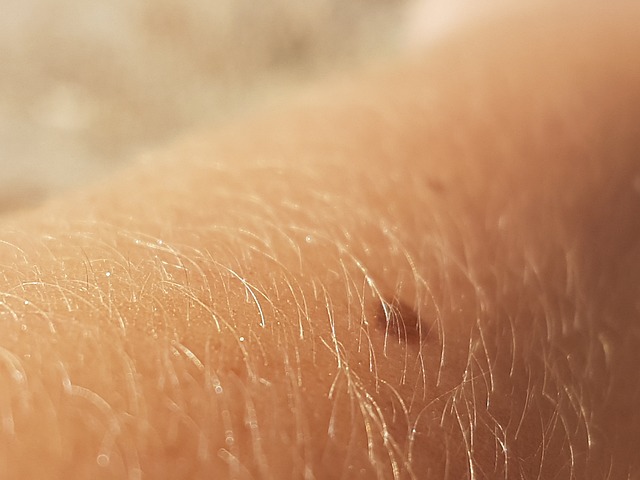
If you go to the pizza shop, you will get the pizza. If you are reading skincare-basics.com, you will get the sun protection.
Sun protection is key, because of the fact that UV rays increase MMPs that break down your collagen. Using sunscreen, reapplying sunscreen, if you can’t remember to reapply sunscreen or you don’t like the feel of sunscreen, get at least UV protective clothing, like a visor that has UPF protection, or even a lightweight breathable long-sleeve shirt that is going to protect your skin over time.
So there are ways that you can protect your money maker face neck and chest from the sun whether it is through sunscreen or hats even clothing to really make sure that your skin doesn’t break down prematurely.
3) Retinols
Collagen alone in a cream is not going to help, because it’s too big to get absorbed into your skin, but some ingredients that can help promote collagen production, such as Retinols.
Retinols are the tried and true proven ingredient over time hat stimulate collagen production. They’re not going to thin your skin out. They’re not going to make you look worse in the long run. There is however a little red flag with retinols, it can be irritating for sensitive skins. So if retinols are irritating to you and you just can’t tolerate them I got other ingredients that you could use in your routine. You can try retional ester which is the least aggressive form of retinols.
4) Peptides
Peptides are short chains of amino acids that are also the building blocks of proteins. One of the best peptides on the market is matrixyl, also known as palmettoil pentapeptide. It has been shown to stimulate collagen synthesis and help improve the appearance of fine lines and wrinkles.
The other type of peptide which is at the tip of everyone’s tongue is copper peptides. Copper peptides are a combination of copper and peptides, because copper helps to support the synthesis of collagen. Copper peptides are great as they help with healing and they have antioxidant properties as well the big question mark about copper peptides is can you combine with with the next ingredient Vitamin C.
If you are using the pure form of Vitamin C, I suggest you use the copper peptides at night and ascorbic acid in the morning.
But if you are using ester form of Vitamin C, which is in the active seal of major fade the moisturizer contains this form of Vitamin C, you can use them twice a day together. Because the ester form of Vitamin C is not likely to get oxidized, and therefore it can be combined with copper peptides beautifully to work well together. Vitamin C is one of the building blocks of antioxidants that are needed in the production of collagen, because it also helps to minimize the breakdown of collagen by free radicals, which leads me to other antioxidants like vitamin E, niacinamide, and even coenzyme Q10. Coenzyme Q10 is a very important ingredient when you’re talking about antioxidants, energy production, and enzyme activation.
5) Microneedling
You can do it at home, but I much prefer microneedling in an office setting.
Oftentimes the at-home microneedling devices are not all created equal. You have to know what type of metal is being used, how deep the actual needles are, how deep and hard you are going, and how often you are actually doing this to your face. You really have to go low and slow and be more conservative if you’re going to do it at home, because you don’t want to give yourself micro tears and burn your skin out in the process.
However you can go deeper and safer in an office setting which is a much more controlled environment,
6) Red Light Therapy
Red Light Therapy is the light version of Coenzyme Q10. Red lights also known as the LED lights, help to stimulate ATP production within the energy production part of your cell, known as the mitochondria. With ATP we can produce more energy, our bodies can make more collagen and we can make better skin in the process, and it helps with minimizing inflammation and calming irritation and aging.
Red light therapy has real benefits in the long run with collagen production and activation of growth factors, which is needed in tissue repair and collagen synthesis as well as the activation of fibroblasts that secrete baby collagen. It activates the source, the energy part of the cells, and also the repair part of your body.
7) Lifestyle
I already mentioned the importance of lifestyle in the above section while explaining What Causes Collagen to Decline?
Again, lifestyle as a whole should always be balanced. Two drinks a week, two pieces of chocolate cake a week, you will be fine. But if you eat fatty dessert with every meal of every day obviously that is not a good thing, and if you start drinking alcohol before it is 5 PM then that’s not a good thing either.
Any sort of cardiovascular or strength training allows your blood flow to be better regulated in your body. So working out is important. Even it is just walking 30 minutes a day, do it, it will boost your collagen production. Sleeping more regularly, minimizing the amount of stress, working out one to three times a week, can all help boost your own collagen production.
I hope this blog post is helpful to you. Because I want our readers to understand what collagen is, and how you can help yourself in your daily skincare routine.
Disclaimer: In the name of full transparency, please note that this post contains affiliate links and any purchase made through such links will result in a small commission for us.

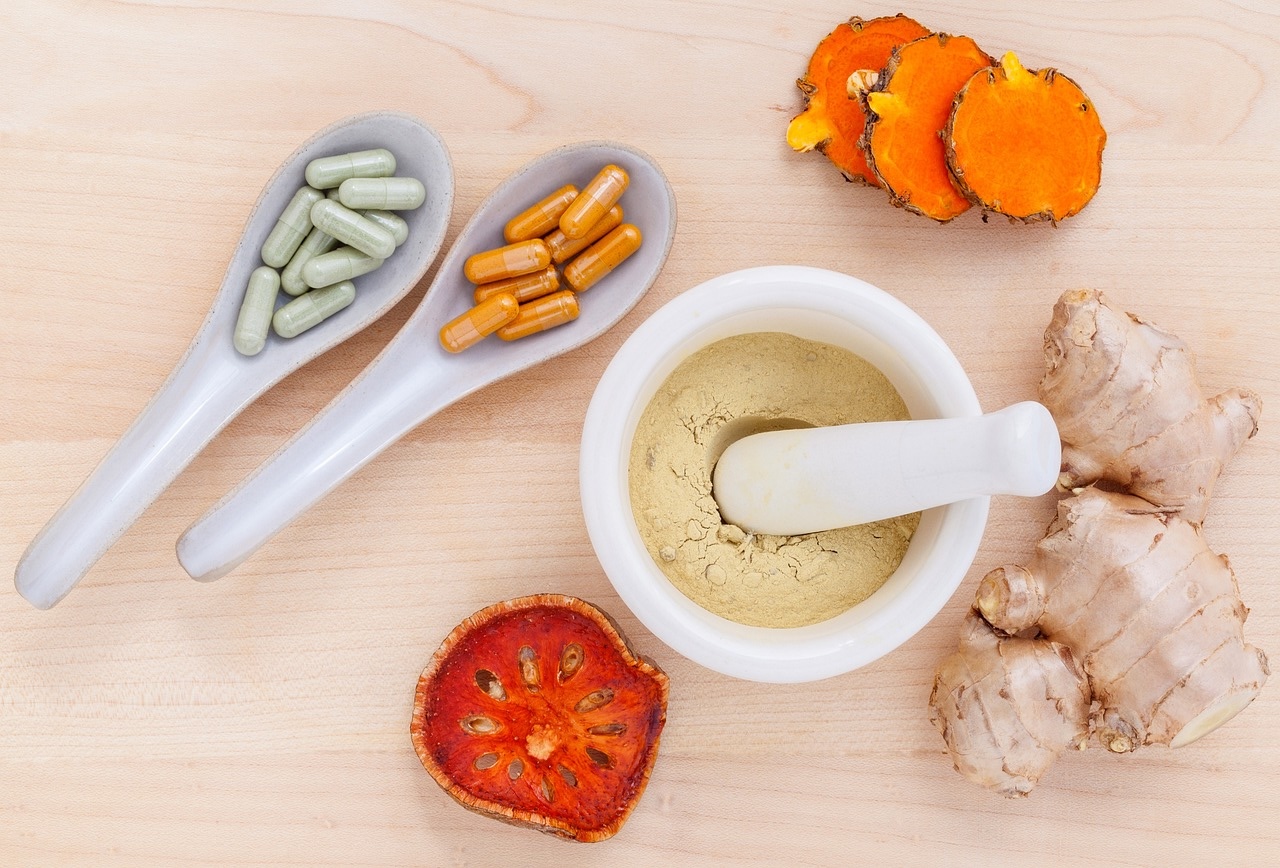

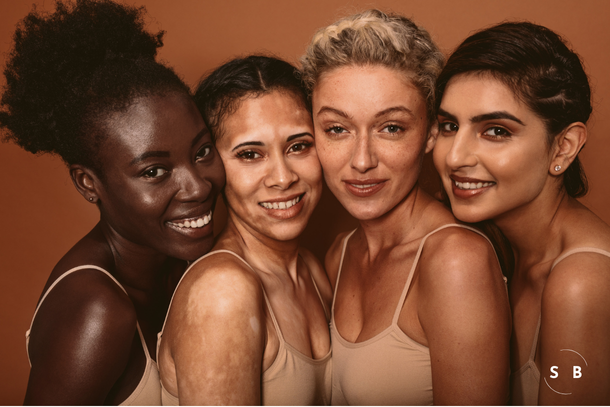
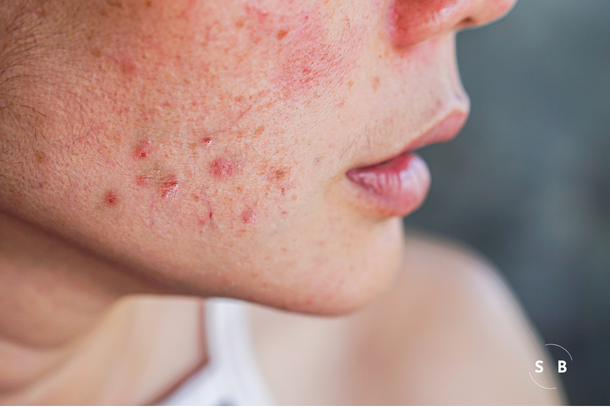
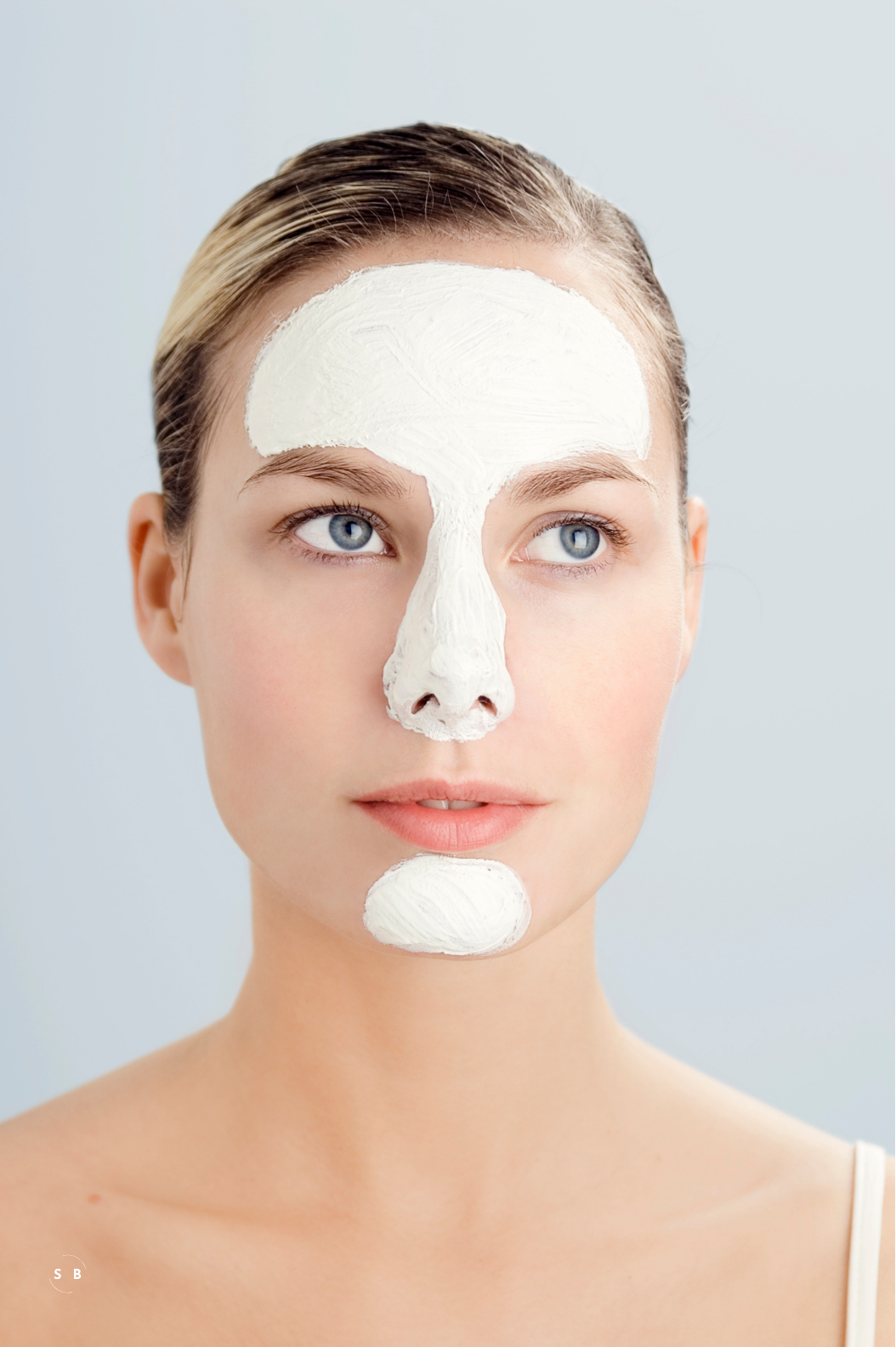
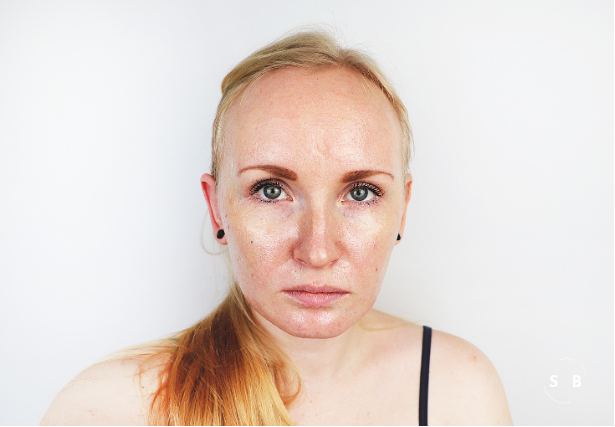
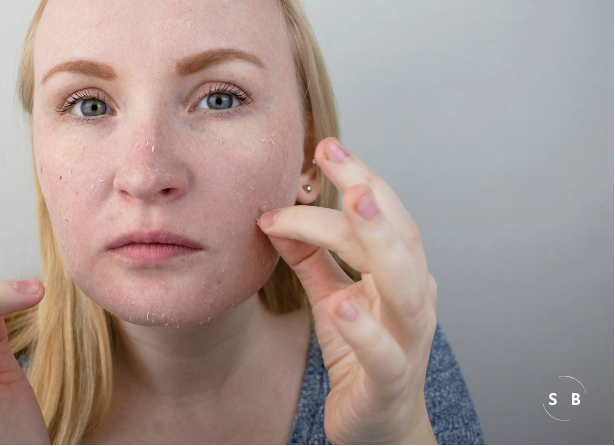
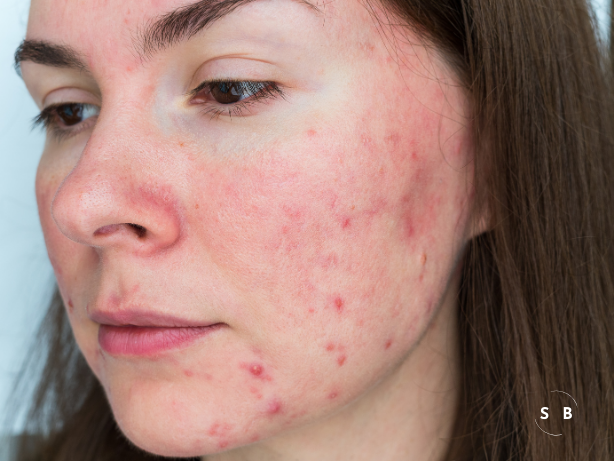
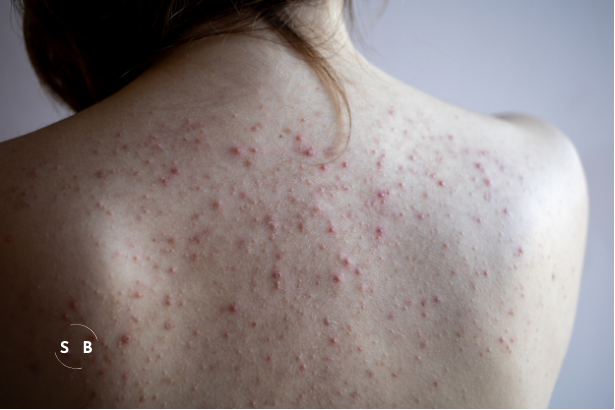
Leave a Reply